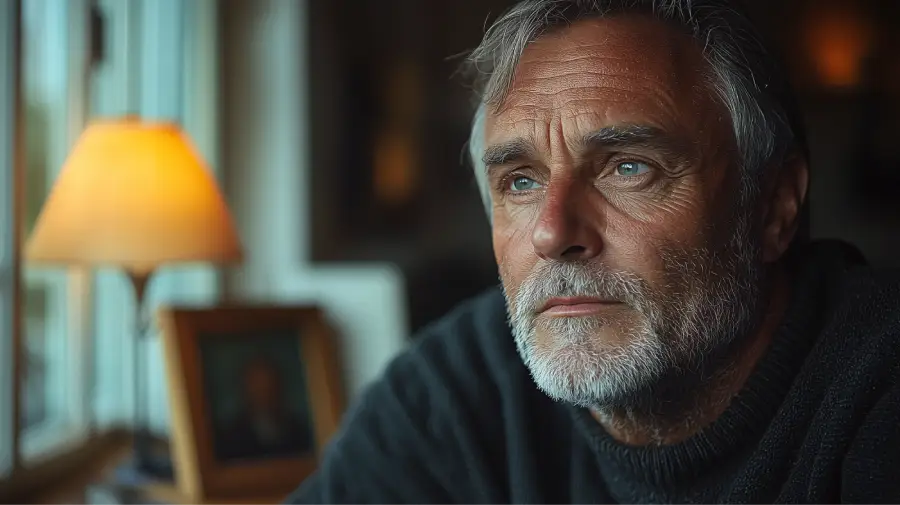


What Does It Mean to Lose Someone or Something Important?
Loss reshapes your world in ways you never imagined. It lingers in the empty chair at the dinner table, the unsent message on your phone and the quiet that suddenly feels too loud. It catches you off guard—on a familiar street, in the scent of a sweater left untouched, in a song you used to share. Some moments feel manageable. Others hit like an unexpected wave, leaving you breathless.
Healing means finding a way to carry both love and loss together, honoring each in its own way. With gentle guidance, we help you transform pain into growth, sorrow into remembrance and grief into a deeper connection with yourself and the world around you. Each step forward is a testament to your resilience and you don’t have to take it alone.
You deserve support as you navigate grief. Find clarity and strength with online grief counseling in NYC.
Hear from Our Clients
Types of Grief
Grief is deeply personal—no two people experience it in exactly the same way. Naming your grief can help you validate your emotions and find the right kind of support:

Anticipatory grief

Complicated grief
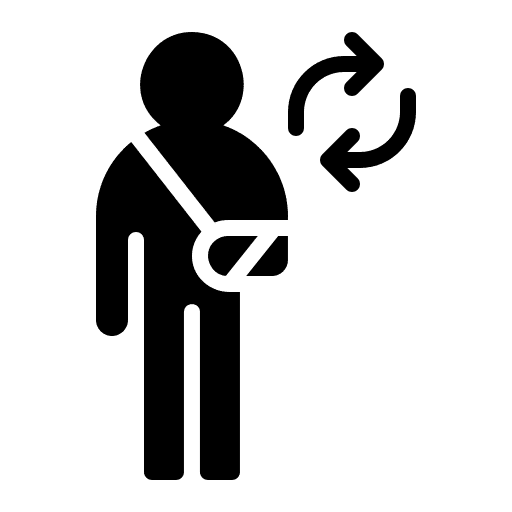
Cumulative grief

Disenfranchised grief

Ambiguous loss

Collective grief
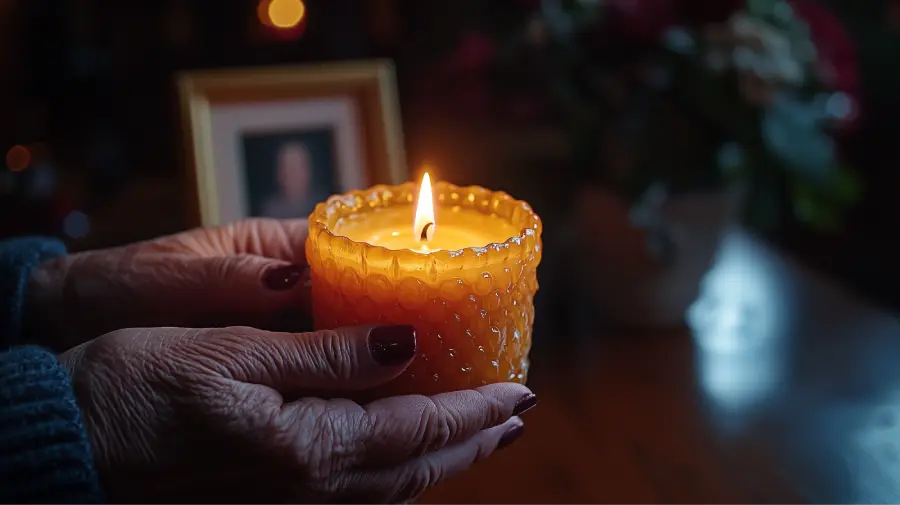
The Science of Grief: How Loss Can Affect You
When you lose someone close to you, it can feel like the world has changed overnight. Science backs this up—and understanding these changes can help you be kinder to yourself as you navigate them.
The Grieving Brain:
In The Grieving Brain, neuroscientist Mary-Frances O’Connor explains that your brain physically changes when you form a bond with someone. Because of this, certain brain cells become more active when you're with them. When they’re gone, these pathways remain active, causing the brain to struggle with the sudden absence. This triggers stress hormones like cortisol, leading to emotional upheaval. As the brain adjusts, it slowly rewires itself to process the loss. Therapy can facilitate this adaptation, offering guidance and support to ease the transition and help individuals regain emotional balance.
Grief-Related Depression:
Grief can bring deep sadness, often resembling depression—50% of widows and widowers experience this in the first year. While the DSM-5 recognizes grief-related depression as Major Depressive Disorder (MDD), some argue this medicalizes a natural process. Studies suggest bereavement-related depression differs from other forms, often resolving without recurring episodes of guilt or seeking treatment.
Impact on the Body:
After losing a loved one, people often experience higher heart rates and increased blood pressure while their immune system may weaken. For most people, these effects fade. But for some, unresolved grief can lead to long-term health issues. Understanding this connection can help you care for both your emotional and physical well-being.
How the Mind Copes:
The mind copes with grief in different ways, but some patterns can make healing harder. Rumination—constantly replaying the loss and its consequences—can deepen sadness and delay adjustment. Avoidance, like pushing away painful emotions or reminders of the loss, may feel protective at first but can lead to more distress over time. Interestingly, overthinking (a form of rumination) can be another way to avoid fully experiencing emotions, keeping grief unresolved. Therapy helps break these patterns and provides healthier ways to process emotions.
Grief can feel overwhelming. However, knowing how it affects your brain and body can make the process a little less confusing. Through this, you can take small steps toward coping in a way that honors both your loss and your well-being.
Grief reshapes your mind and body. Therapy helps you heal, adapt and move forward with clarity.
Grief Counseling Techniques
Every person’s grief journey is unique. The right approach can help you process grief in a way that honors your experience and emotions. Some of the most effective forms of therapy include:
Grief counseling guides you in embracing loss with love, transforming pain into resilience and cherished memories.
Cognitive Behavioral Therapy (CBT):
Grief can bring painful thoughts—self-blame, regret or fear about the future. By reshaping thoughts of self-blame or regret, CBT helps create space for self-compassion—essential for healing.
Acceptance and Commitment Therapy (ACT):
Loss often brings feelings we want to push away. ACT encourages mindfulness, helping you sit with grief without fear, so you can process difficult emotions, without avoidance, fostering emotional resilience.
Mindfulness-Based Therapy:
The weight of grief can feel endless and certain moments can make you stop in your tracks. Mindfulness techniques like guided meditation and breathwork ground you in the present, creating moments of peace amidst the pain.
Traumatic Grief Therapy:
Some losses—like sudden death or traumatic events—leave emotional wounds that feel impossible to heal. This approach focuses on processing trauma alongside grief, offering tools to navigate both.
Complicated Grief Therapy (CGT):
When grief becomes all-consuming, this structured approach helps you untangle emotions and move forward at your own pace.
Featured Grief Counselors in NYC
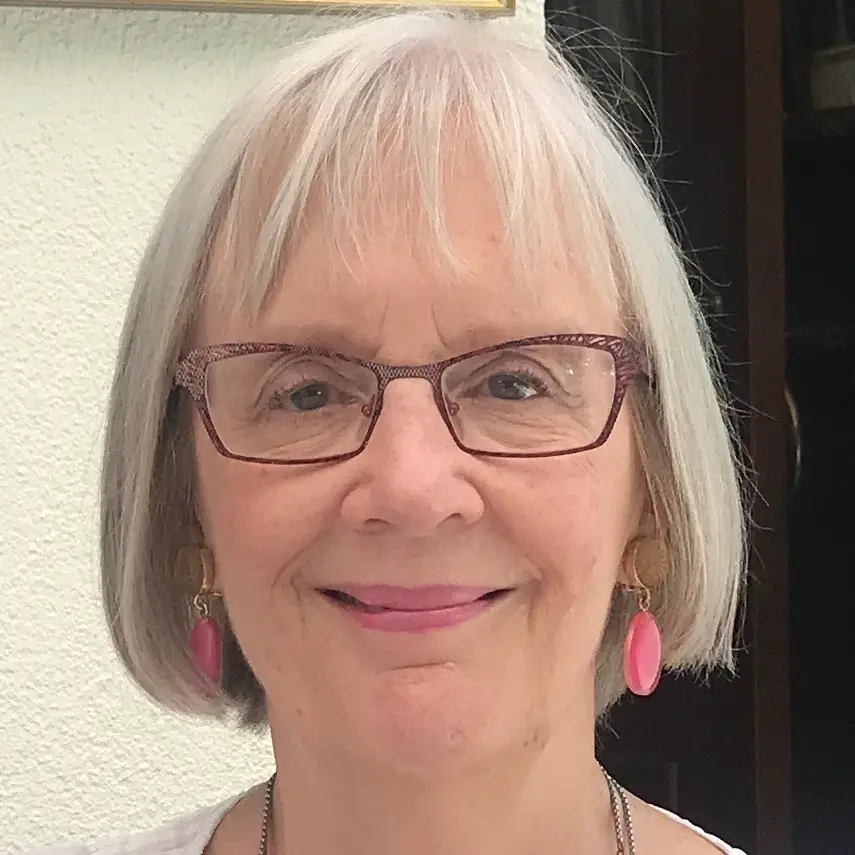
Carol Black, LMHC
Carol collaborates with clients to reframe limiting beliefs and navigate emotional challenges using EMDR, Somatic therapies, and other neurobiological approaches, empowering individuals to embrace their authentic selves and overcome trauma, relationship struggles, and life transitions.

Stephanie Maldonado, LMHC
Stephanie Maldonado uses a compassionate, transformative approach rooted in CBT and CPT to guide clients through depression, anxiety, work stress and PTSD, empowering them to break free from negative patterns and embrace a future of healing and resilience.
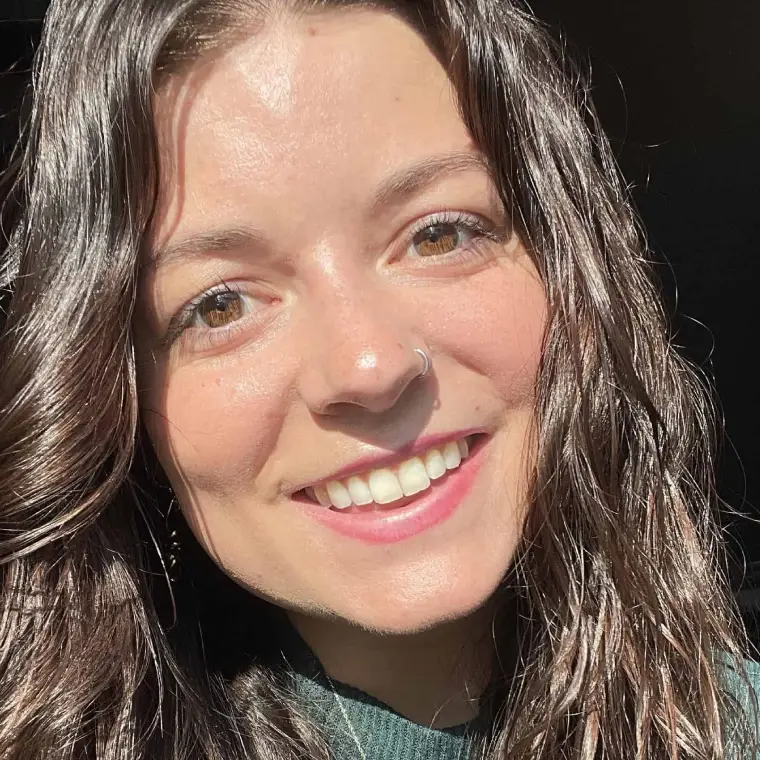
Emily Gonyea, LMHC
Emily fosters a supportive, client-centered space where clients heal from past trauma, develop coping skills, and achieve their goals using attachment theory, CBT, and DBT to empower them toward growth and self-discovery.
How Grief Counseling Supports Your Healing
According to psychologist William Worden, grief counseling helps you navigate four key objectives of mourning:
Accept the Loss
Facing reality, even when denial feels like a protective shield.
Work Through the Pain
Allowing yourself to feel grief instead of avoiding or suppressing it.
Maintain a Connection
Honoring memories and love in a way that supports healing.

Begin Your Healing Journey with Grief Counseling in NYC
Loss teaches us that life moves in cycles, not straight paths. It twists, turns and sometimes loops back when you least expect it. In a world that moves fast and rarely pauses, carrying loss can feel even more isolating. Some days, the weight feels unbearable. Other days, you wonder if you’re grieving the “right” way. However, there is no right way—only your way. Whether your loss is recent or something you’ve carried silently for years, you don’t have to face it alone
At Manhattan Mental Health Counseling, our compassionate therapists are here to sit with you through the pain, help you process your experience and guide you towards moments of peace. Healing doesn’t mean forgetting. It means learning to live with love and loss, side by side. When you’re ready, we’re here to walk with you.
You don’t have to face grief alone—find support, healing and peace with compassionate grief counseling.
Get Started Today
We’d love to hear from you! After you submit the form, you'll receive an email with a link to book a screening call at your convenience. We're excited to help you on your journey!

